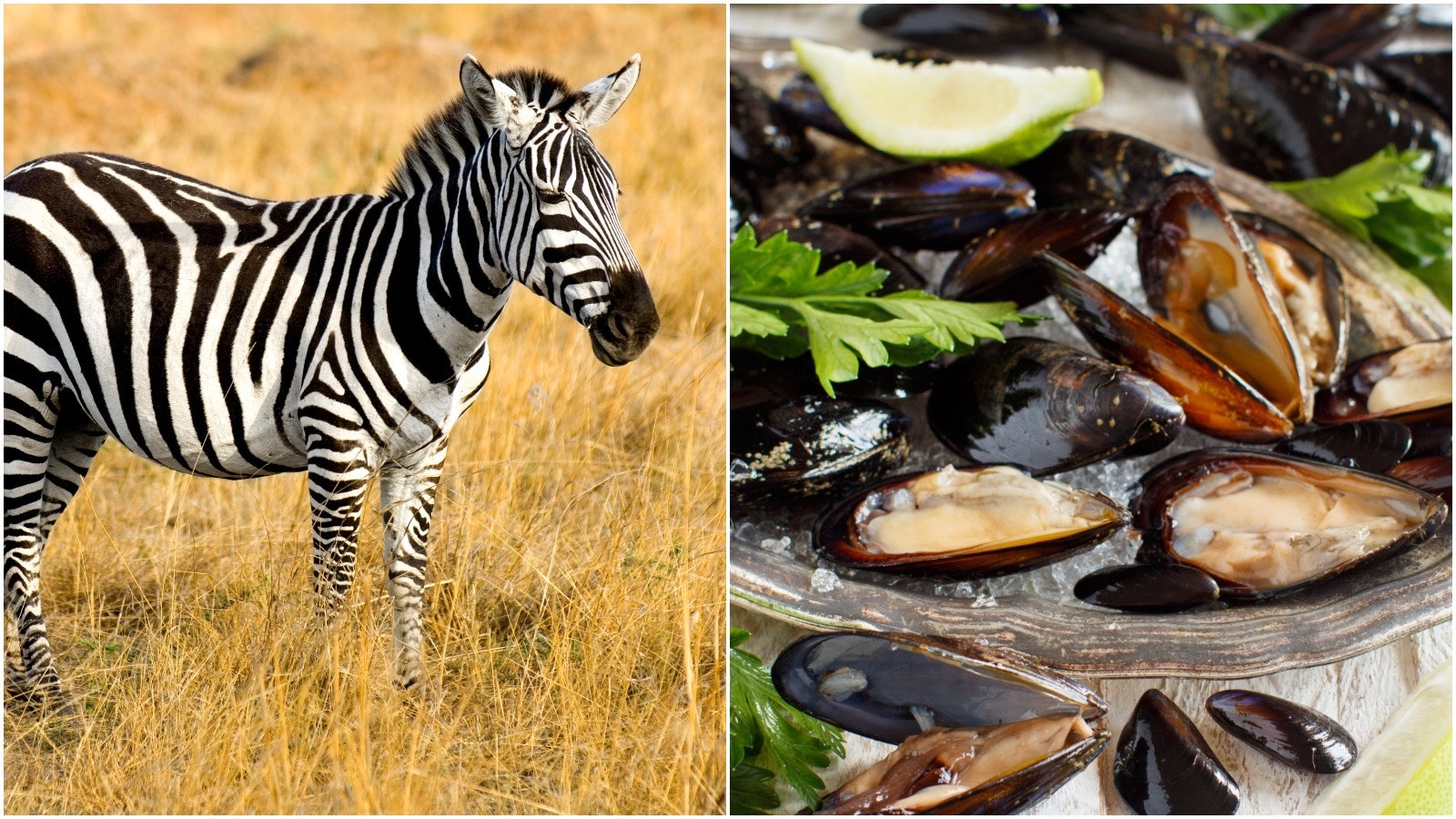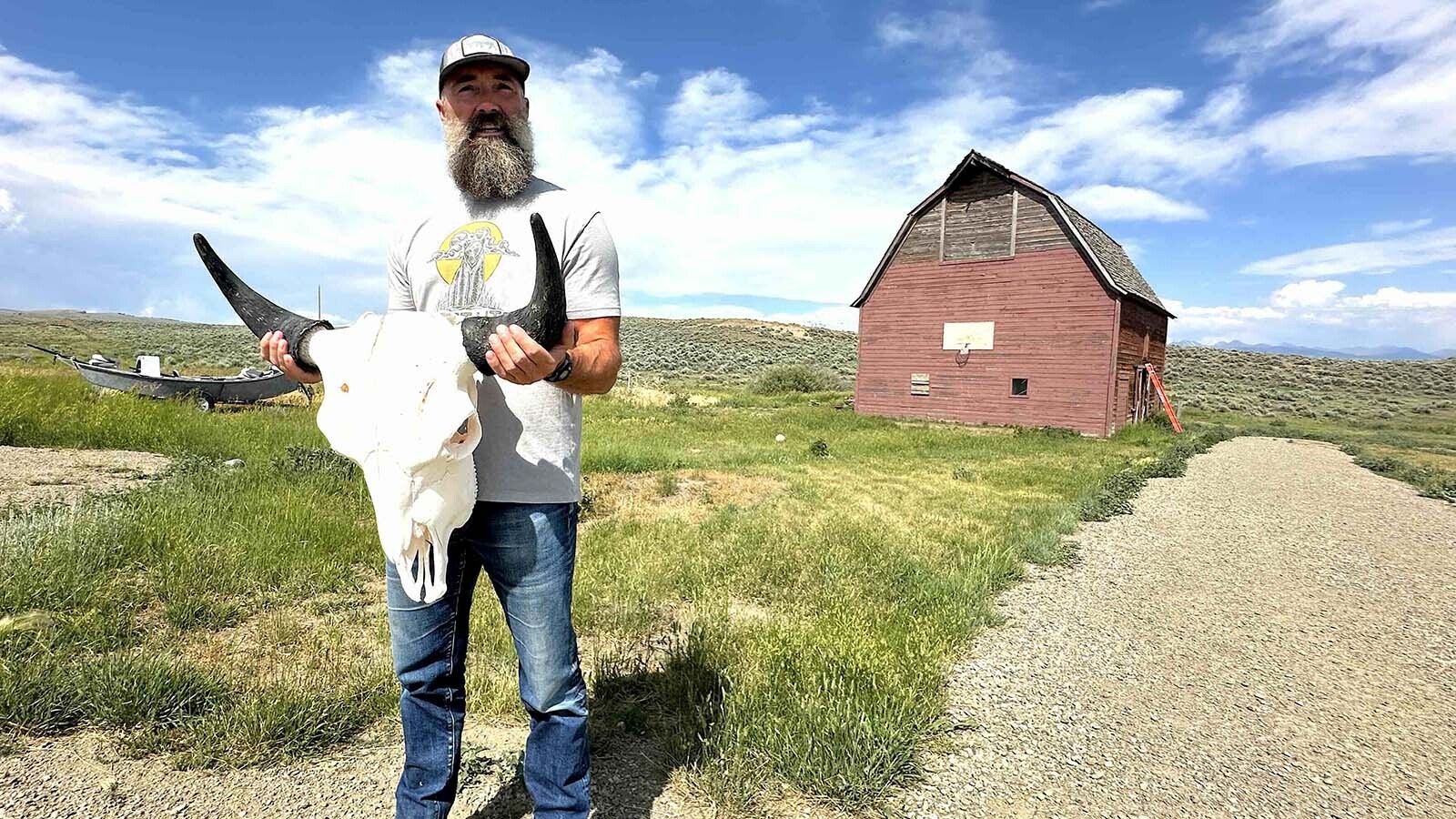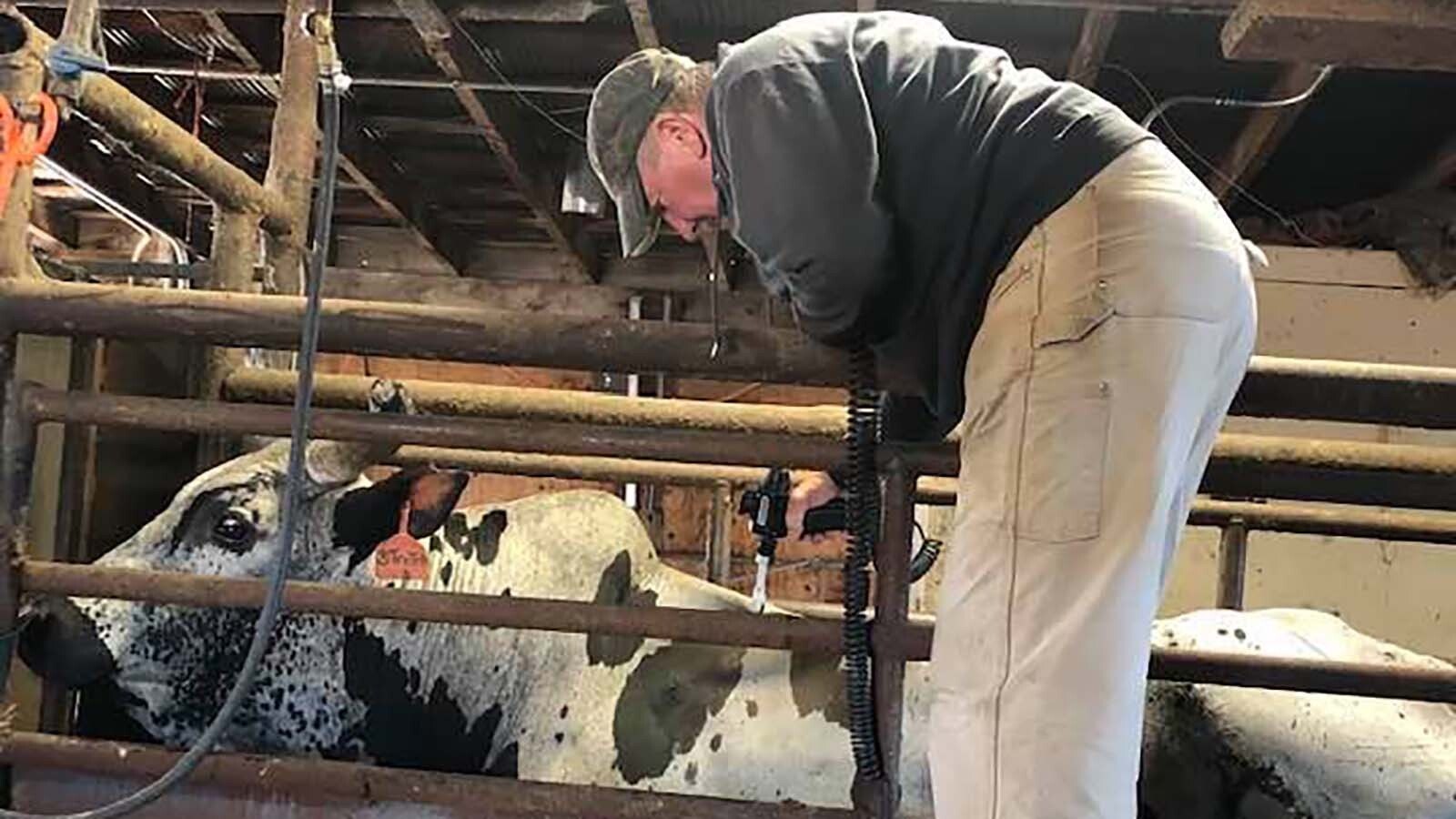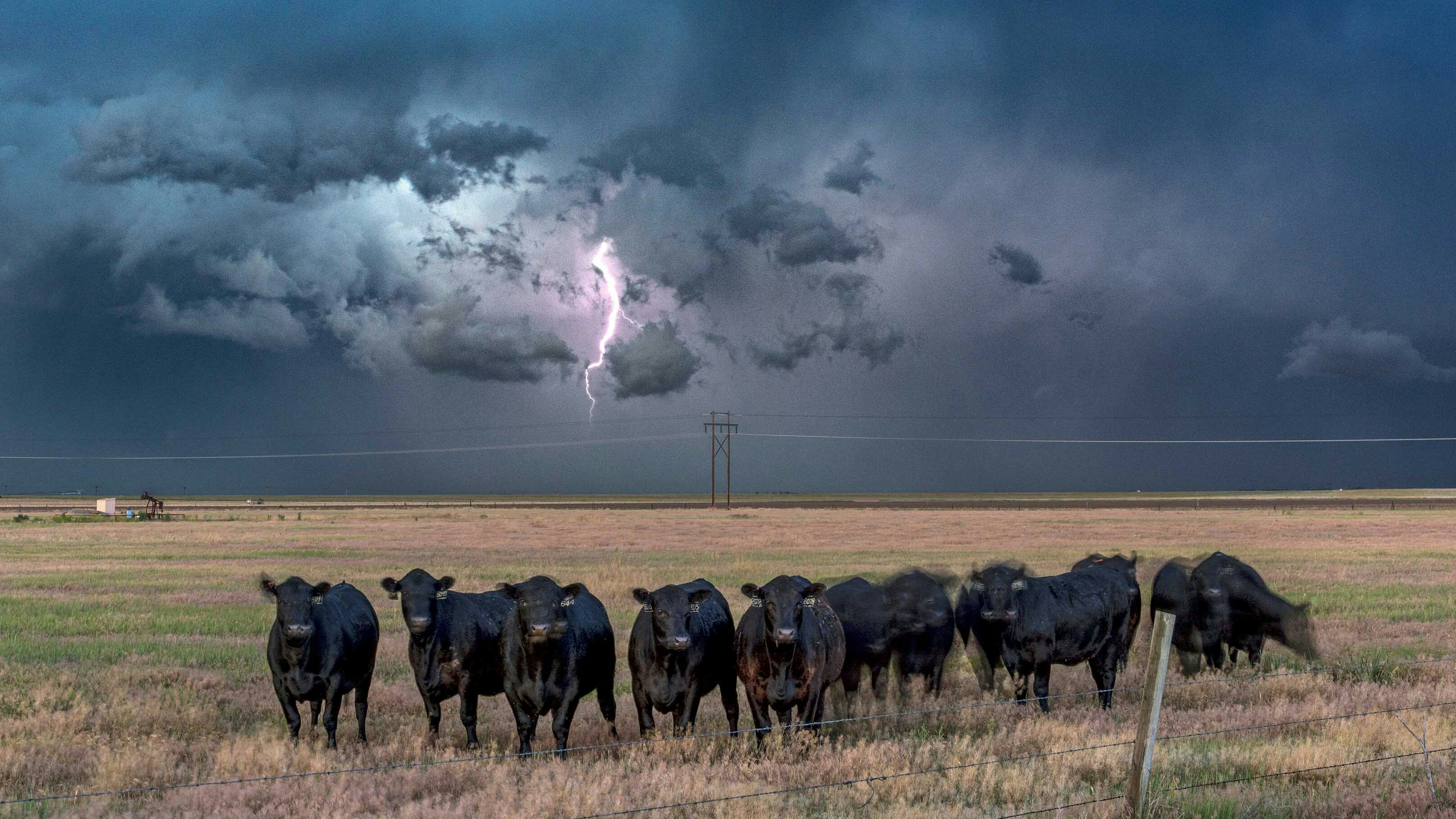Although zebra mussels may sound like an exotic seafood dish from a romantic Michelin-rated restaurant, they are actually an invasive shellfish which could wreak havoc on the state of Wyoming.
It’s not because zebra mussels are 500-foot Godzilla-like monsters which breathe fire and stomp on cities, it’s because they can pose threats to waterways across the state.
Wyoming’s Game and Fish Department is warning citizens to be on the lookout for these aquatic terrorists, which have been found in pet stores across the state.
All of this leads to many questions. How can an oyster-like thing cause so much damage? And why would they be in pet stores?
First, these mussels are dangerous because they remove nutrients from water, clog pipes and waterways, damage boats and out-compete native mussels.
“Further, in many cases, zebra mussels are impossible to remove,” said Game and Fish Chief of Fisheries Alan Osterland.
As for their presence in pet stores, it’s not like they are being sold like puppies or anything. They’ve been spotted in “marimo balls” or “moss balls,” — which are products sold at many aquarium and pet supply stores.
A marimo ball is a popular tank decoration made of a green filamentous algae used to oxygenate the water.
Game and Fish is asking that anyone who has purchased a marimo ball to closely follow the recommended steps for disposal.
- Remove any pets from the water and tank.
- Remove the marimo ball, other plants and any water from the aquarium and put them into a heat-safe pot. Do not dispose of any water down the drain or toilet.
- Inspect the marimo ball and tank for zebra mussels and if you find any contact your local Game and Fish regional office or local warden.
- Boil the marimo balls, plants and any water it’s been in contact with for at least five minutes
- Dispose of the marimo ball and other plants in trash.
- Pour out the boiled water on a semi-permeable surface. That could be a houseplant or outside — like grass or soil — that is not located near standing water or a storm drain.
Do not flush the marimo ball or pour aquarium water down any drains, toilets or into nearby water sources like a local pond or creek, the department said. These actions could spread zebra mussels throughout the water system.





